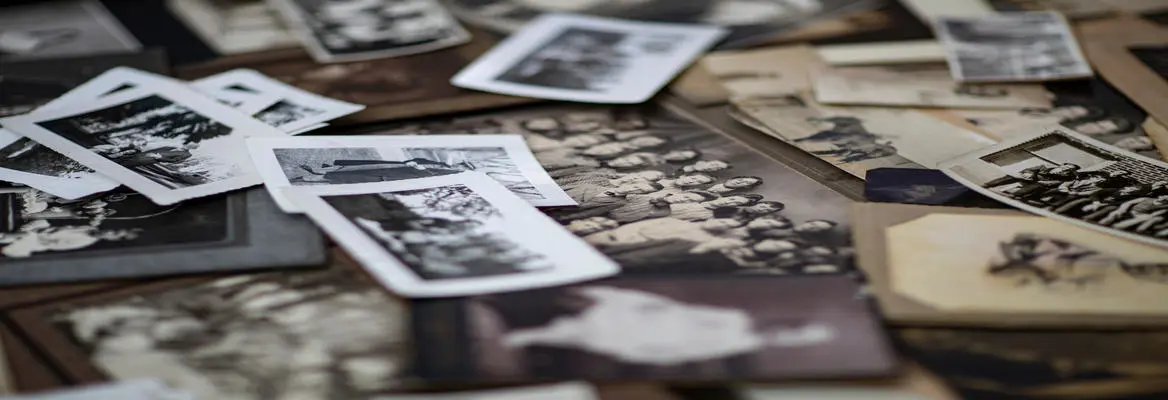People’s fascination with genealogy is nothing new, but modern biology has seemingly made possible an exact breakdown of the DNA of our ancestors. Apart from the questionable precision of some of these ancestry reports, what this cultural phenomenon reveals is a deep thirst to be able to tell a story about ourselves. But that story is almost inevitably a selective narrative of our past rather than an accurate representation of our biological history, writes Eviatar Zerubavel.
Why do we consider Barack Obama a black man with a white mother rather than a white man with a black father? What are the implications of knowing, as we now do, that chimpanzees are genetically closer to humans than they are to gorillas? Why did the Nazis believe that unions between Germans and Jews would produce Jews rather than Germans? Are sixth cousins still family?
In order to even address, let alone answer, such questions, we must first examine our unmistakably social visions of genealogical relatedness. What we need, in other words, is a sociological understanding of ancestry and descent.
As evident from the wide popularity of the television series "Who Do You Think You Are?" and the dozens of websites and software programs designed to help people construct their family trees and discover hitherto unknown ancestors and relatives, we certainly have a tremendous fascination with genealogy. Every day, thousands of "root seekers" comb libraries, cemeteries, and the internet in an effort to quench their seemingly insatiable "thirst for tracing lineages."
___
Despite the modern meritocratic rise of the self-made individual, who we are still depends at least partly on whom we descend from.
___
Such deep obsession with ancestry – known as progonoplexia – is by no means a distinctly modern fad. Indeed, it goes back thousands of years to Hesiod's Theogony and the Bible. Nor is it a peculiarly Western phenomenon, as evident from various forms of ancestor worship all over the world. Traditionally aristocratic, however, it is nevertheless becoming increasingly democratized. Over the past several decades, the range of Americans exhibiting interest in genealogy, for example, has clearly expanded "from those claiming descent from the Mayflower or from Southern aristocrats, to include the descendants of African slaves and immigrants." Our current fascination with genealogy has also been getting a tremendous boost from the growing popularity of genetic ancestry testing.
Not only does genetics enhance our awareness of hereditary disease risk as well as the ability to reconstruct national histories and establish paternity, it has also prompted the rise of recreational genomics. Dozens of companies now offer genetic ancestry tests that allow us to measure our genealogical proximity to distant relatives, define ourselves ethnoracially in terms of fractional, seemingly precise amounts of Europeanness, Africanness, and Asianness, as well as trace the Paleolithic ancestor or ancestress from whom we supposedly descend. Indeed, genetics can now essentially "demolish or affirm a family's most cherished beliefs and stories with just a bit of saliva and a cotton swab."
___
Our ancestral background affects not only how others see us but even how we experience ourselves. Indeed, knowing who our ancestors were is fundamental to our sense of who we are.
___





















Join the conversation